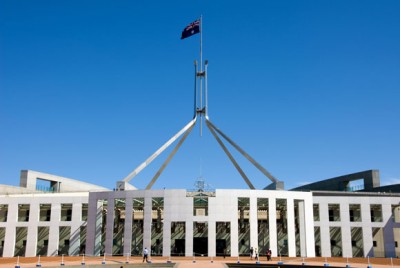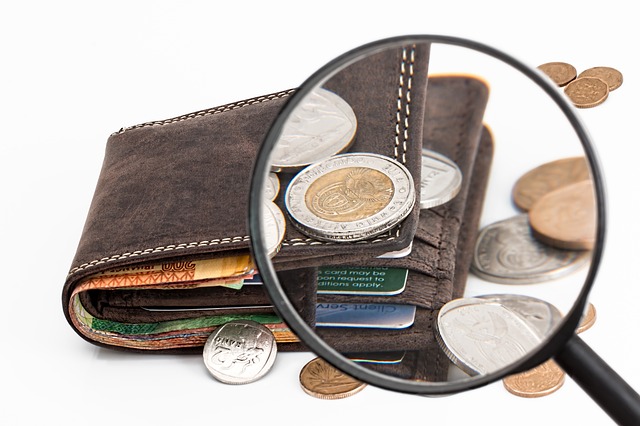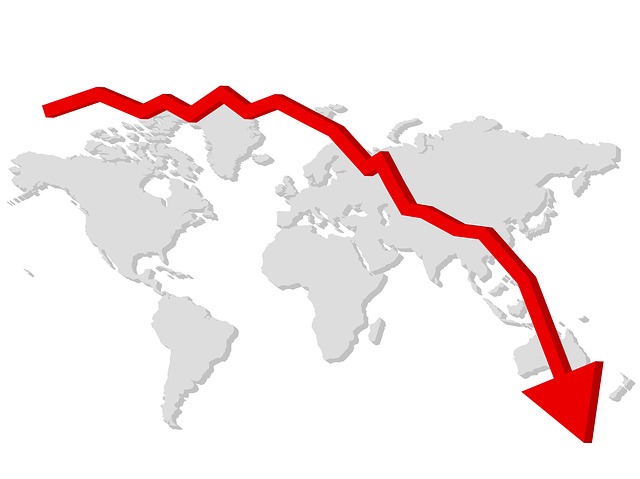
The global economy is expected to grow in 2014, and this may encourage some investors to look beyond Australia and consider investing in overseas share markets.
I’m a big fan of looking beyond our shores when it comes to investing, and a recent report from the United Nations suggests the global economic outlook is pretty good for the year ahead.
The report entitled ‘World Economic Situation and Prospects 2014’, predicts the global economy will grow by 3.0% in 2014 and 3.3% in 2015. This compares with estimated growth of 2.1% for 2013.
It’s encouraging news especially if you’d like to add some international shares to your investment portfolio.
Indeed the range of share opportunities laid out before us is quite staggering when you start to think globally.
The Australian share market is small by global standards, and it tends to be dominated by financial stocks like the big banks, and the resource sector. By investing in overseas share markets you get access to significant industry sectors like pharmaceutical, aerospace and information technology that are either unavailable or underrepresented on our local share market.
It’s possible to invest directly in global shares through an online broker. It’s a simple enough process though it does cost more in brokerage than trading in domestic shares.
As a guide, with E*Trade, you can expect to pay brokerage of about $59 for international share trades compared with as little as $19.95 for Australian shares. With CommSec, international brokerage starts at about $US65.
A simpler and certainly less expensive option is to gain exposure to international shares through an exchange traded fund (ETF). These are managed funds listed on the Australian Securities Exchange (ASX). Many ETFs aim to mirror the performance of a particular market index by holding the same mix of investments as the underlying index. As an investor this means you can expect to earn returns similar to the index.
The ASX features ETFs that follow indices of particular countries like Japan, or regions like Europe, or even broader areas like emerging markets. Or you can choose to follow a theme like small US companies.
It’s possible to invest in an ETF in the same way you trade shares online with a discount broker. This makes it a low cost way to access overseas investment markets.
ETFs do charge fees (known as management expense ratios or MERs). However as the fund aims to replicate an index rather than actively trying to pick the top performing stocks, the MERs are typically very low.
ASX figures show the MERs on international ETFs range from about 0.70% to about 0.07%. That’s much less than the MERs on many unlisted managed funds so ETFs do offer good value.
As with any type of investment it’s worth thinking about whether an international investment fits your long term goals. If in doubt, speak with your financial adviser. For more on international investing and online share trading, take a look at my book Making Money.























































